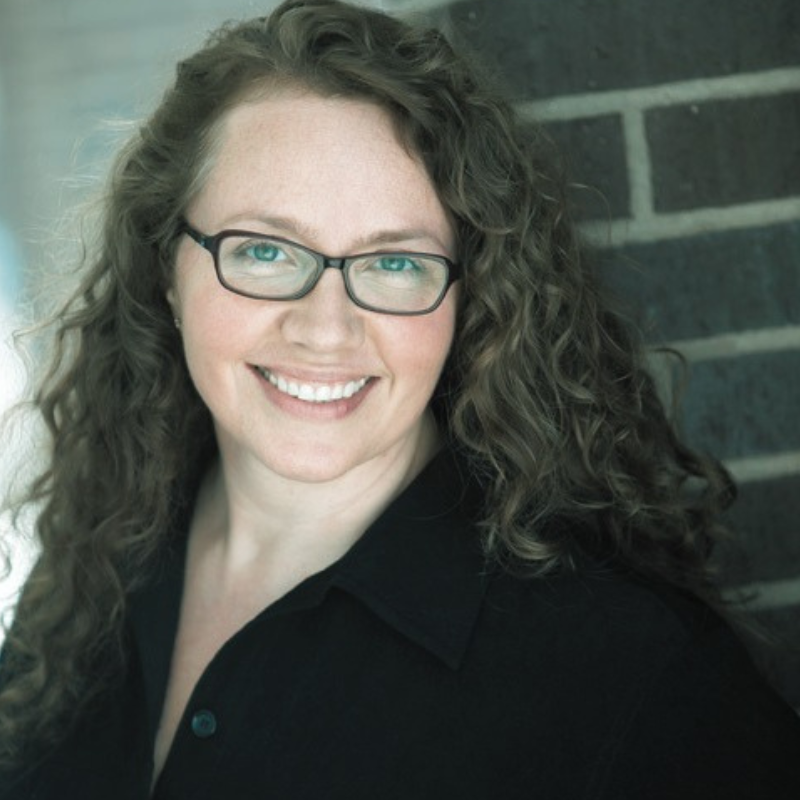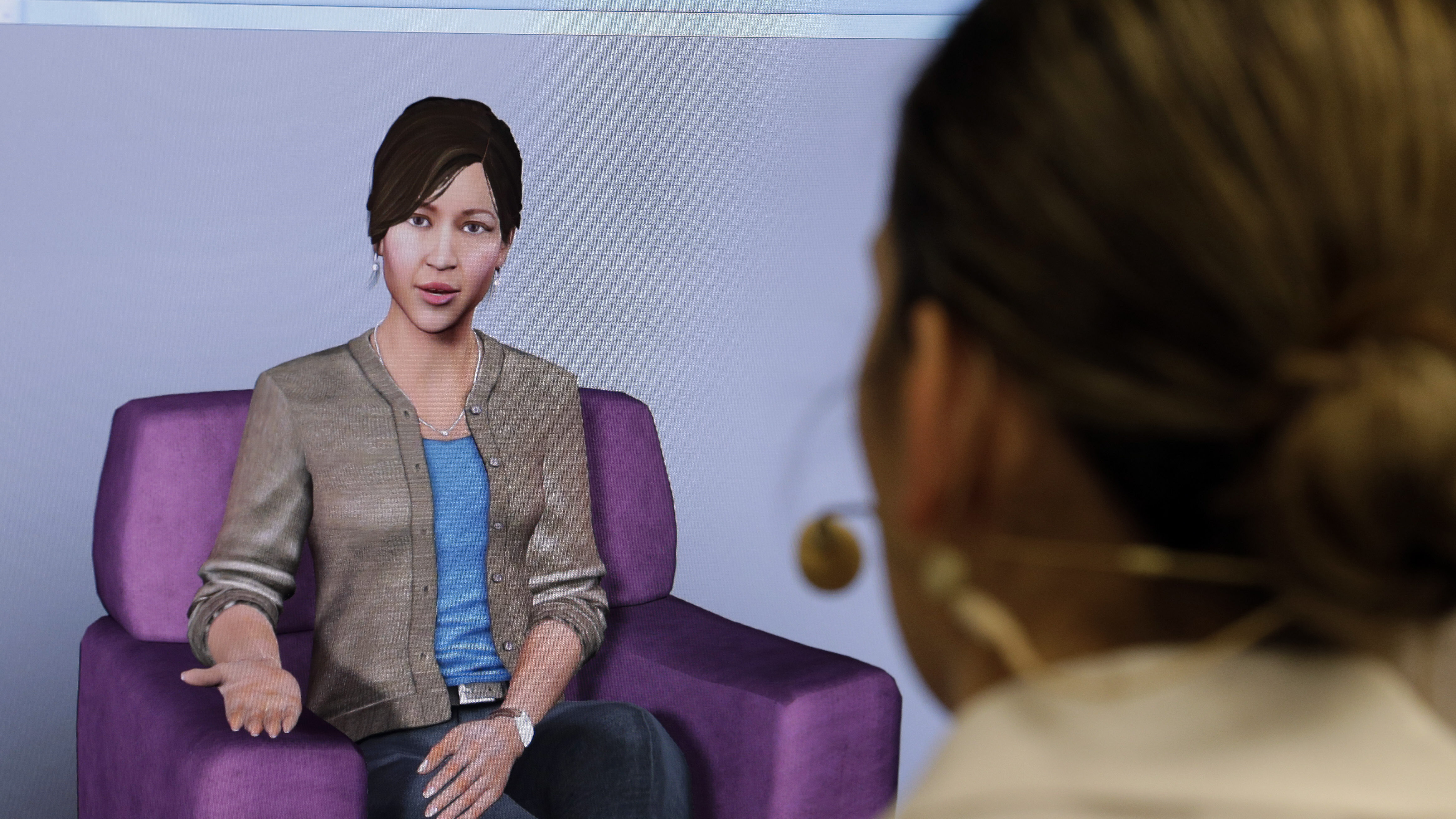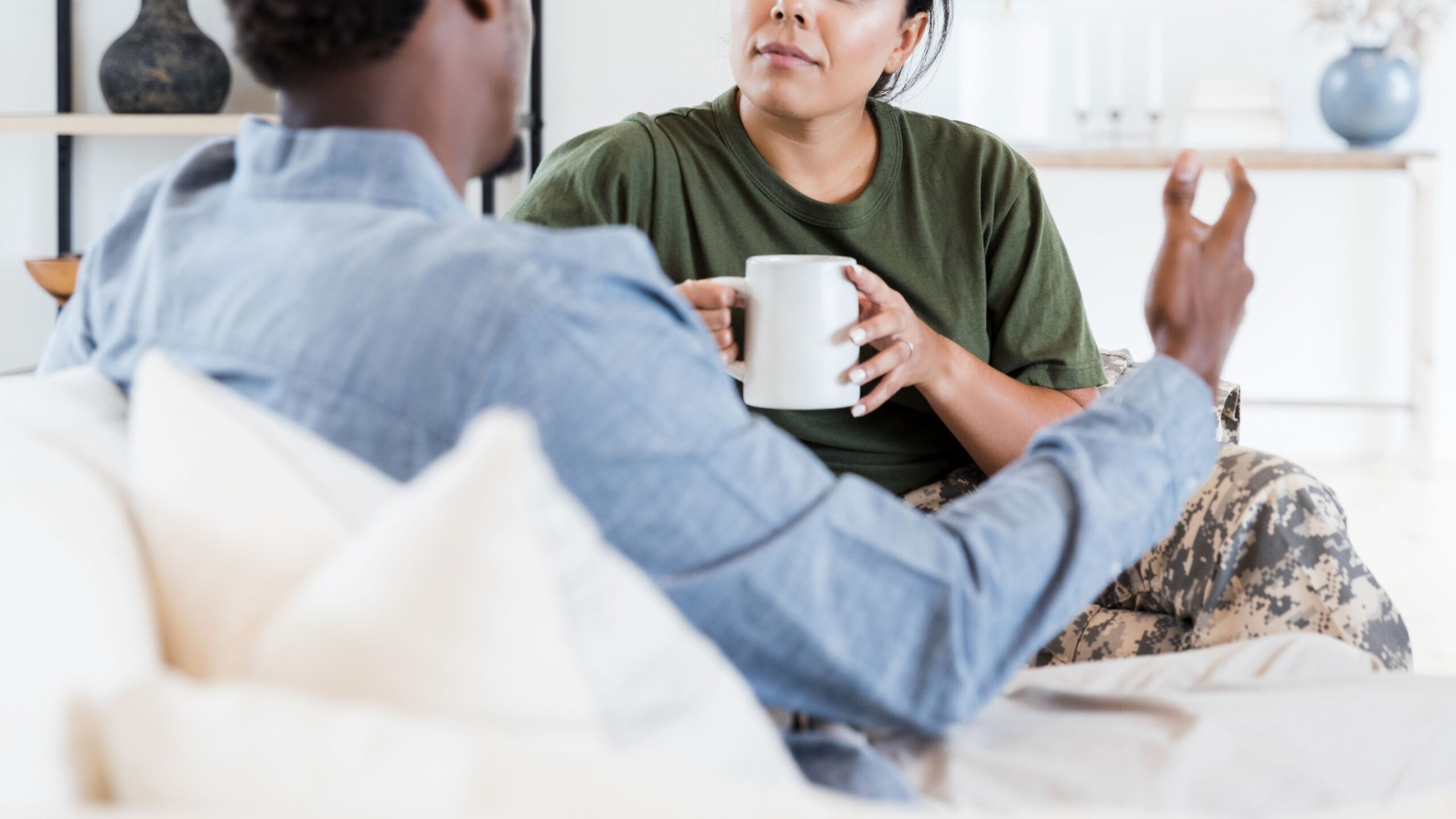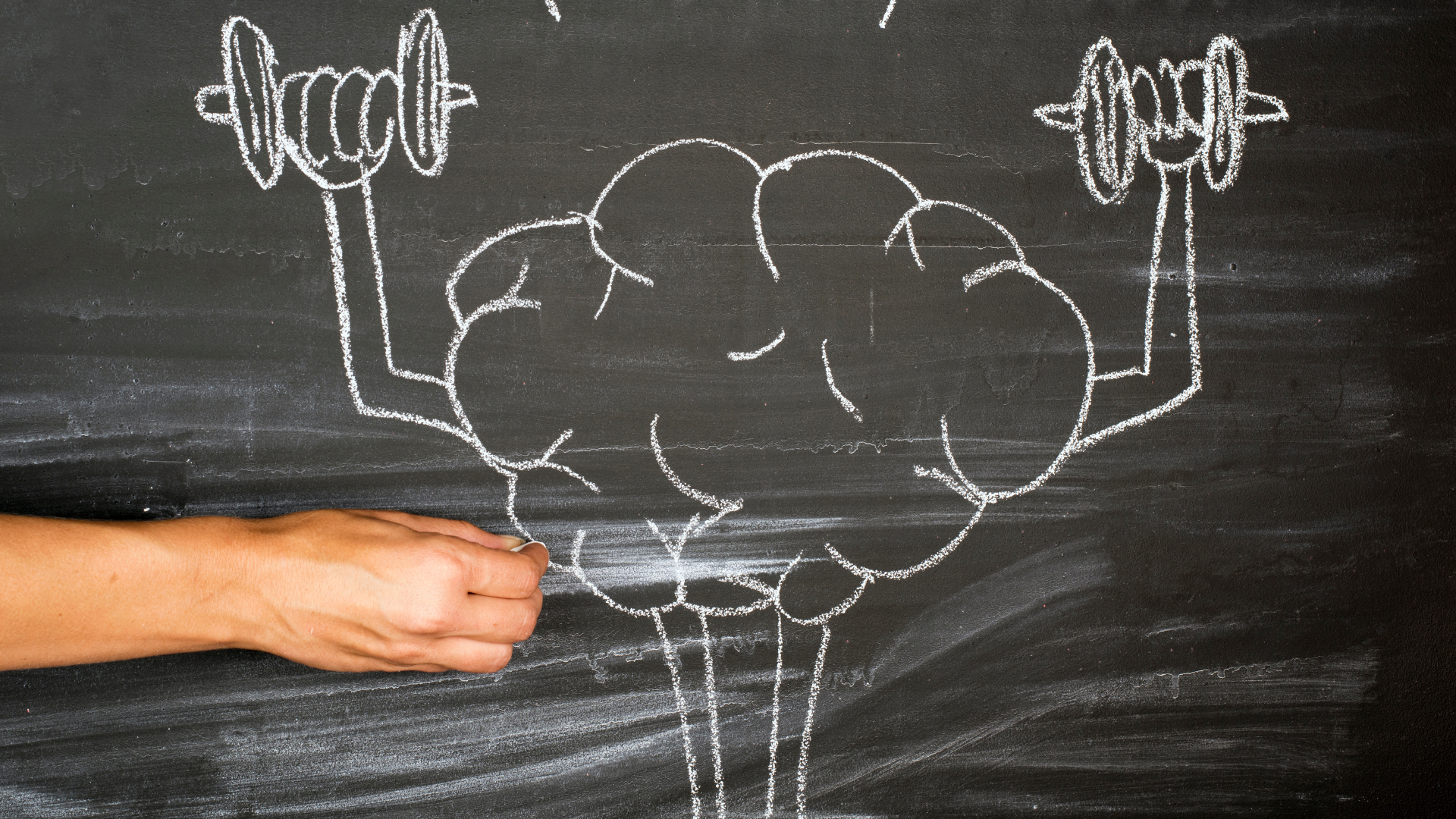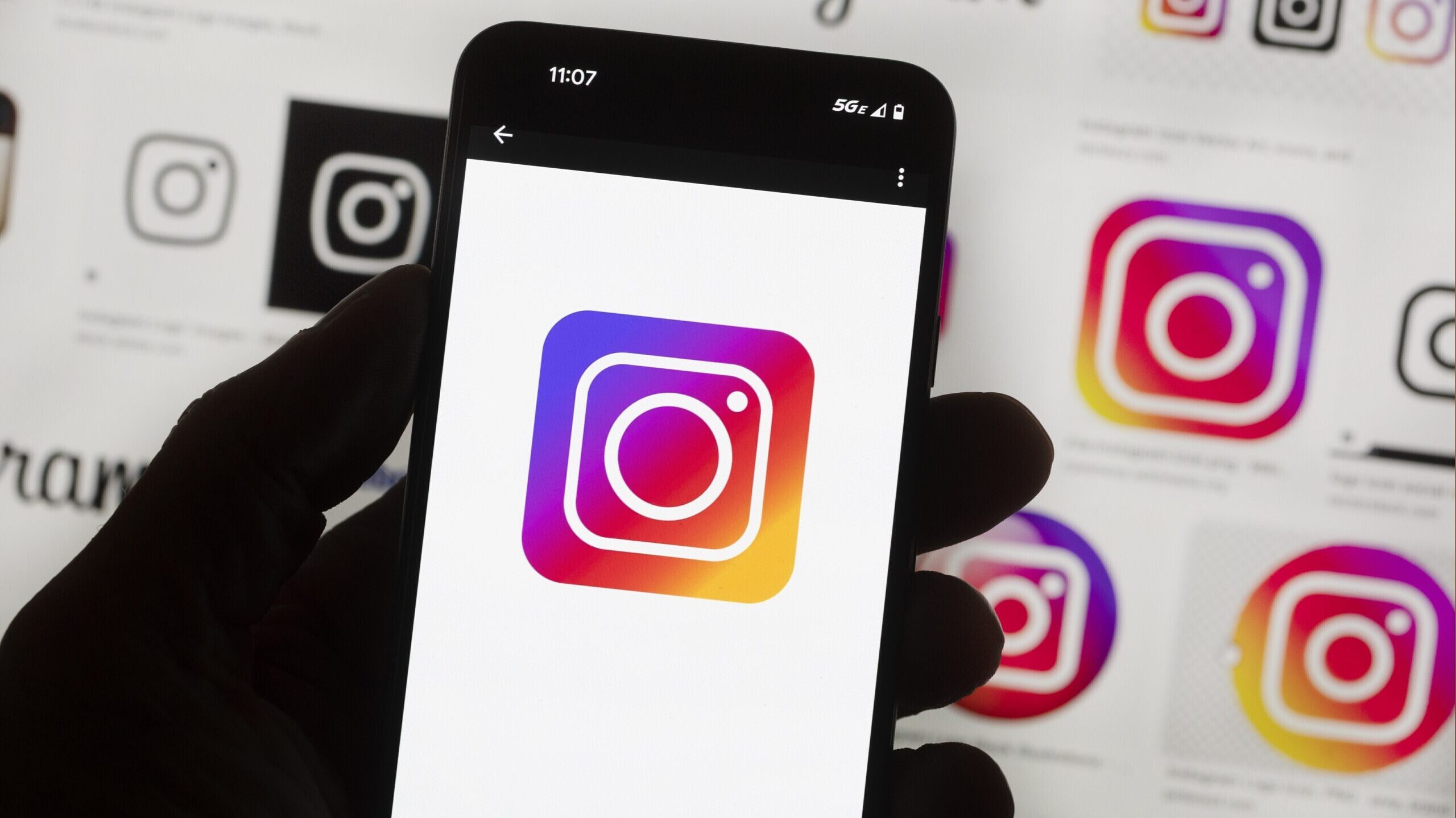Some Americans were less than truthful about COVID, precautions
Oct 10, 2022, 3:00 PM | Updated: Jan 5, 2023, 2:44 pm
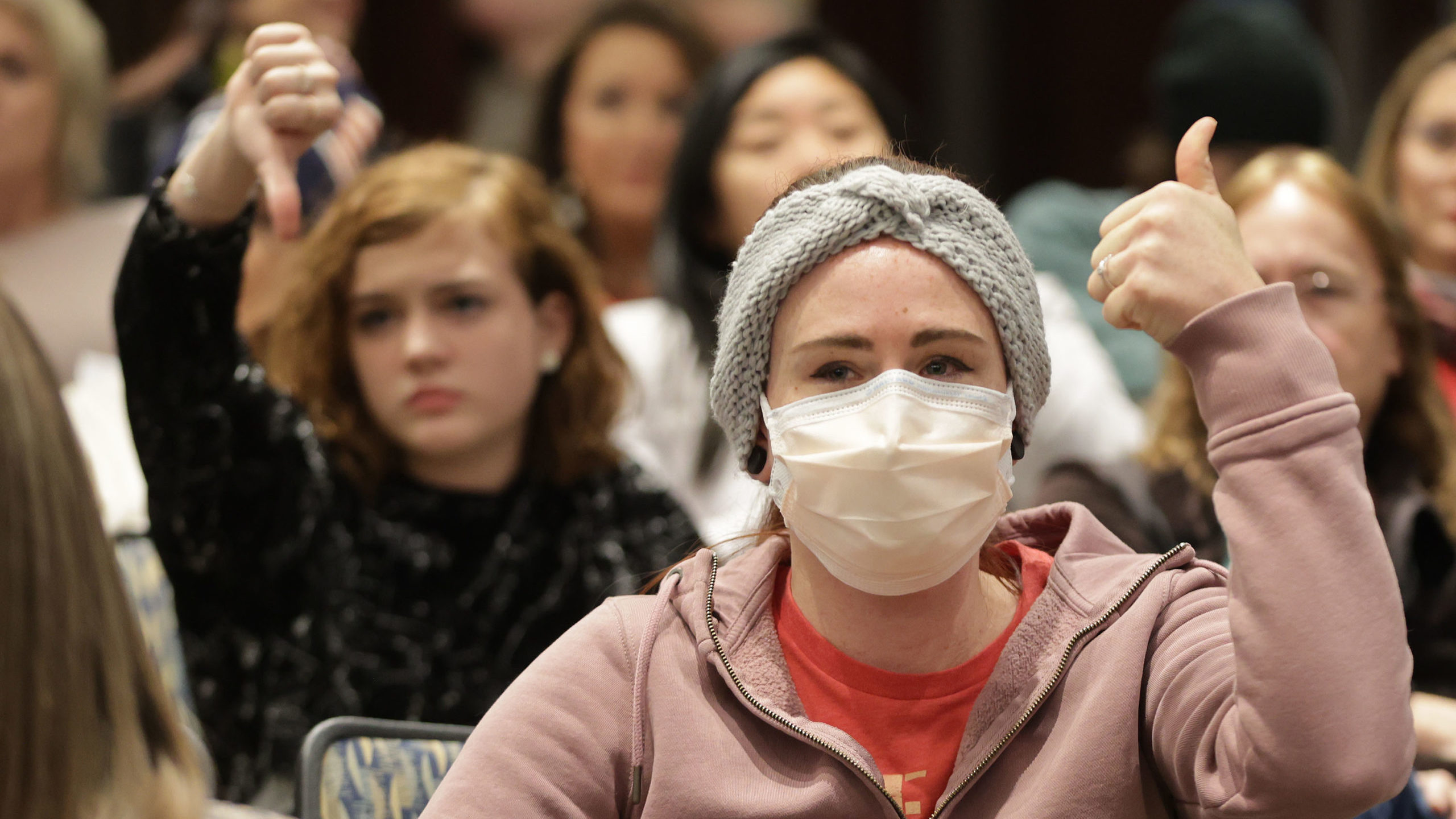
FILE: Health care worker Jeni West gives a thumbs-up as the Salt Lake County Council voted in Salt Lake City on Thursday, Jan. 13, 2022. The council voted to leave a 30-day county mask order in place. (Jeffrey D. Allred/ Deseret News)
(Jeffrey D. Allred/ Deseret News)
SALT LAKE CITY — In a recent survey, four in 10 Americans told researchers they were less than truthful about their COVID-19 status during the height of the pandemic. They also said they did not use the preventative measures that state and federal health officials recommended.
The survey results were published Monday in the JAMA Network Open magazine in a study that was sponsored in part by the University of Utah.
Those who said they were not truthful about their COVID-19 or vaccination status said:
- “I didn’t think COVID-19 was real,” or “it was no big deal,”
- “It’s no one else’s business,”
- “Didn’t feel sick,”
- “I was following the advice of a celebrity or other public figure,”
- “Couldn’t miss work to stay home.”
Why the survey was conducted
One of the study authors said they decided to research the question after seeing media reports about people who were dishonest about their vaccination status.
“When people are dishonest about their COVID-19 status or what precautions they are taking, it can increase the spread of disease in their community,” said lead author Andrea Gurmankin Levy, Ph.D., a professor of social sciences at Middlesex Community College in Connecticut.
“For some people, particularly before we had COVID vaccines, that can mean death.”
For the University of Utah’s Angela Fagerlin, Ph.D. and senior author of the study, the answers showed how a pandemic can be lengthened and how other infectious diseases can be spread. Fagerlin is the chair of the Department of Population Health Sciences at University of Utah Health.
How survey respondents said they were less than truthful
The survey of more than 1,700 Americans was conducted in December 2021. Among the most common incidents were
- breaking quarantine rules,
- telling someone they were with, or were about to see, they were taking more COVID-19 precautions than they actually were,
- not mentioning that they might have had, or knew that they had, COVID-19 when entering a doctor’s office,
- telling someone they were vaccinated when they weren’t,
- saying they weren’t vaccinated when they actually were.
What researchers learned
Post-doctoral researcher in the Department of Population Health Sciences at U of U Health, Alistair Thorpe, said the study reveals concerns held by the American public around public health measures implemented during a pandemic. A more effective form of communication may be needed for future pandemics.
And it shows how likely people may be to be honest in the face of another global crisis.
“Knowing that will help us better prepare for the next wave of worldwide illness,” Thorpe said.
Related reading:
- ‘A pandemic of the unvaccinated:’ Gov. Cox, state leaders update Utah COVID-19 status
- Vaccine passport requirement moves step closer to honor system at Utah Capitol
- Djokovic admits he didn’t immediately isolate after positive Covid test, as Australia probes possible discrepancies in tests

